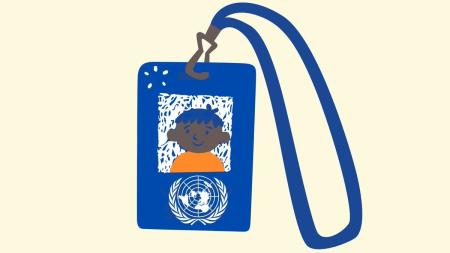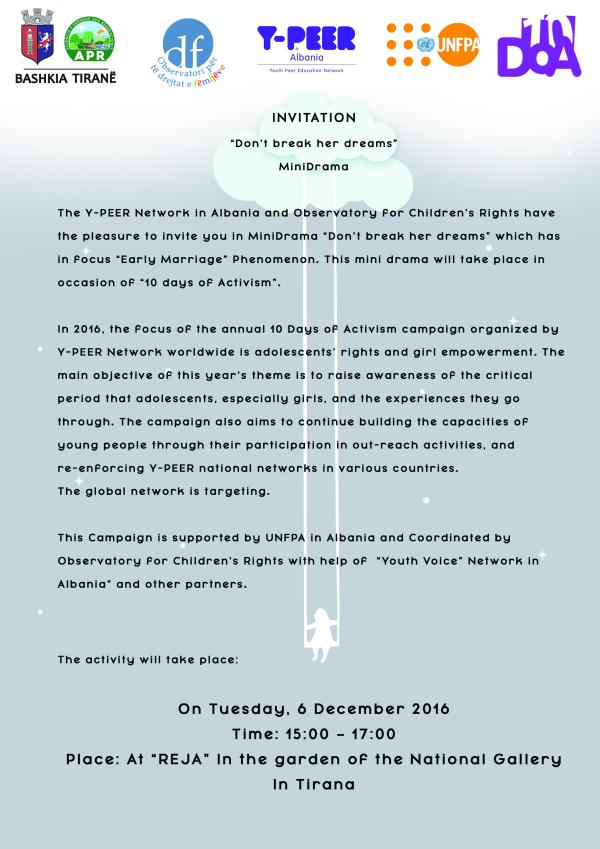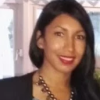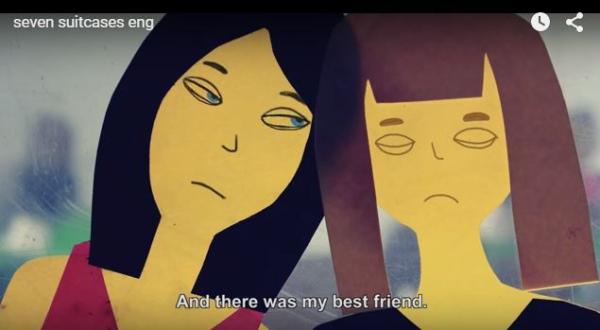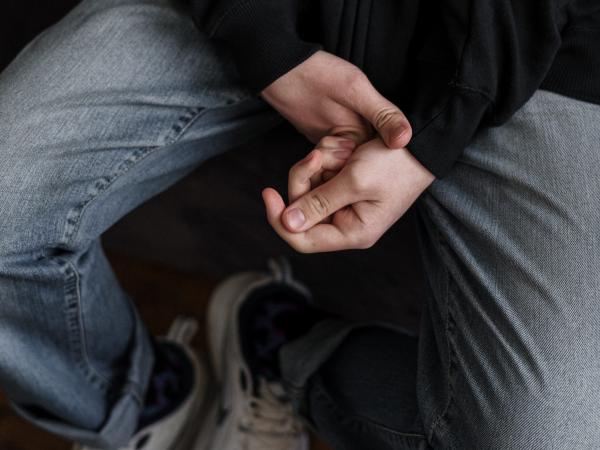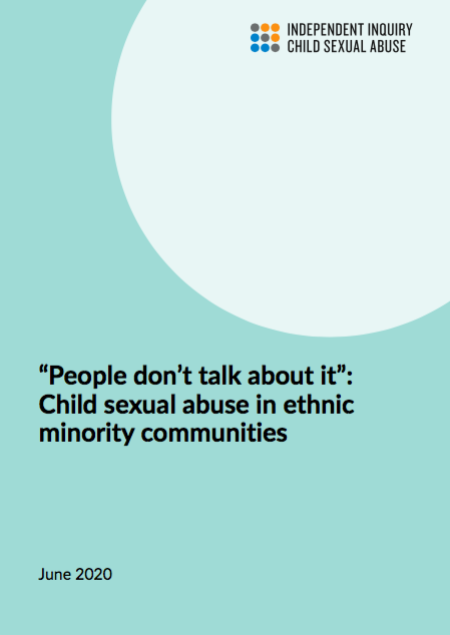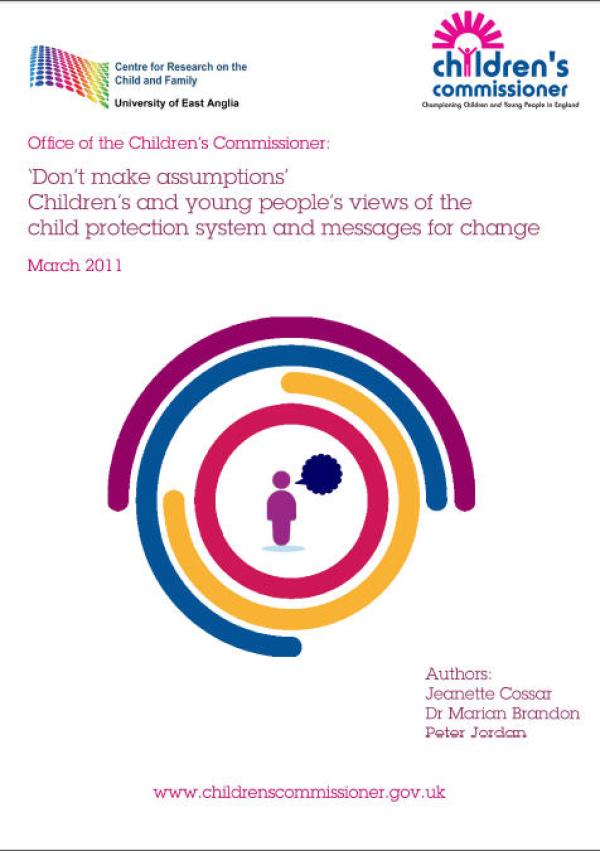
For six years now, InDaHouse Hungary has helped children living in small villages in Borsod County catch up with their studies. The organisation, which works mainly with volunteers, also provides tutoring, mentoring, personalized classes and summer camps for children living in these small settlements.
The organisation is now expanding its work to a new settlement, Fügöd, where 200 children live in very poor conditions.
In a diary entry, published on the WMN website, Fruzsina Benkő talks about the first steps inDaHouse has taken in the settlement. For the full article, see the link below.

You might like..
0
2
According to a recent report adopted by the Committee of the Parties to the Council of Europe Convention on the Protection of Children against Sexual Exploitation and Sexual Abuse, also known as the “Lanzarote Committee”, Hungary continues to fail…
0
14
Eurochild Scottish member Together publishes the 2023 State of Children’s Rights in Scotland Report. Every year, Together (Scottish Alliance for Children’s Rights) publishes a report which aims to monitor the…
0
13
Y-PEER Network in Albania and Observatory for Children’s Rights have the pleasure to invite you in MiniDrama “Don’t break her dreams” which has in focus “Early Marriage” Phenomenon. This mini-drama will take place in occasion of “10 days of Activism…
no
0
74
The report calls for reform and a change in attitudes towards sexual harassment and abuse in educational contexts.
Context:
Peer-on-peer sexual harassment is prevalent in the lives of secondary-school aged young people in Wales
According to…
no
0
85
COVID-19 has disrupted life in countless ways for both adults and children, with some families being impacted more than others. Lockdowns and school closures have meant additional stress for parents and caregivers – and children in difficult…
0
20
When a child disappears from our school system, their future often disappears with them.
Research conducted for this report shows that over 90,000 pupils in the UK are more often absent than they are present. This means 1 in 80 pupils are missing…
0
8
The Interagency Learning Initiative on Community-based Child Protection Mechanisms and Child Protection Systems and the Community Child Protection Exchange presented a webinar with Mike Wessells, Kathleen Kostelny and Ken Ondoro to discuss recent…
0
6
In this podcast, e-safety expert Elizabeth Milovidov discusses the specific challenges faced by parents raising children in the internet era. “Don’t panic, parent,” is her key message, combined with encouragement to adults to share in their…
0
13
Whether we are talking about child work, labour or slavery, we cover an issue that urgently needs a solution. There are 218 million children working worldwide, 152 million of whom are required to do unacceptable child labour under horrible…
0
18
UNICEF Hungary, on their blog 'Invisible Children' has published a short film of Nóra Lakos, about children fleeing conflict. The video is available with English subtitles is entitled 'Seven Suitcases' and is made from the drawings for the children…
0
10
In Hungary, five thousand children are placed in state care every year. In the SOS Children’s Villages campaign, young adults who have grown up in the system are sending messages to children living in children’s homes. These video messages …
0
14
The European Parliament Research Service (EPRS) and the European Council Legal Services have recently issued their assessments criticising the feasibility of the EU proposal to prevent and combat child sexual abuse.…
0
444
The research was prepared by The Independent Inquiry into Child Sexual Abuse and focuses on child sexual abuse in ethnic minority communities. In particular, the report is concerned with the degree to which institutions have failed to provide…
0
24
The aim of this research, commissioned by the Office of the Children’s Commissioner and carried out by a team from the University of East Anglia, was to seek children and young people’s views of the child protection system and to consider how those…
0
12
Out of an estimated 8 million children living in institutions across the world, more than 80% are not orphans. Donating to support such institutions fuels the orphanage industry, places more children at risk and tears families apart.


